Tunisian president vows to amend constitution, form new government
Tunisian President Kais Saied has announced his plans to make changes in the constitution and form a new government seven weeks after he dismissed the prime minister and suspended parliament.
Speaking to two TV stations on Saturday, the former university professor said he would form a new government "as soon as possible," reiterating the necessity to make amendments to the country's unpopular constitutional law.
"Amendments must be made within the framework of the constitution," he told the Sky News Arabia channel and Tunisian state television after strolling on the capital's Bourguiba Avenue.
"The Tunisian people rejected the constitution," Saied said, adding that the set of laws written in the constitutional texts were "not eternal."
Saied, who was elected in late 2019, dismissed the prime minister, invoked emergency powers, and assumed all executive powers while suspending parliament late in July.
The move was censured by Saied's critics as a coup a decade after former Western-backed strongman Zine El Abidine Ben Ali was toppled in a revolution.
Saied and his supporters, however, deemed the moves as necessary amid chronic legislative infighting that had crippled governance and was followed by a sweeping anti-corruption campaign that included detentions, travel bans and house arrests of politicians, businessmen and judicial officials.
The president said on Saturday that his plans involved selecting "the people with the most integrity" to fill in the empty posts.
One of Saied's advisors told Reuters on Thursday that the president was going to offer an amended version of the constitution and put it to a referendum. According to article 144 of the constitution, the charter can only be put to a referendum if it has already been approved by two-thirds of the parliament.
The international community has criticized Saied's moves, calling on the president to return Tunisia to "a constitutional order."
At home, Ennahdha Party, the largest bloc in parliament, also criticized the president for the moves. The Ennahda Party, which was banned from political activities prior to the 2011 revolution, has consistently been a member of successive coalition governments since then.
Ennahda, along with other political parties, has called Saied's move a coup. It has accused the president of deviating from the constitution, thus moving away from democratic values.
The UGTT, the main labor union in Tunisia, also on Saturday criticized the president's moves and called instead for parliamentary elections to end the political crisis.
However, some Tunisians, who are exasperated by the government’s handling of a surging COVID-19 pandemic on top of the nation’s economic and social woes, see the president’s moves as necessary and support him.
Slogans such as "Dignity!" and "Work!" which were chanted by protesters during the revolution have once again been heard at demonstrations.
In images posted on the Tunisian presidency's Facebook page on Saturday, Saied was seen walking in downtown Tunis while people around him were singing the country's national anthem.
Earlier on Saturday, a man died after setting himself on fire on the same central thoroughfare.
The act of self-immolation, which followed another such act just days before in protest at living conditions, revived the memory of the street vendor who burned himself alive on December 17, 2010, triggering both Tunisia's revolution and the so-called Arab Spring.
Iran warns about consequences of normalizing violations of intl. rules
VIDEO | Gaza’s Ramadan: 1.7mn displaced struggle between hope and pain of war
Israel’s West Bank land seizures signal 'alternative homeland' threat: Ex Jordanian official
Tarique Rahman sworn in as Bangladesh’s new prime minister
UAE removes online references to Hind al-Owais after Epstein email revelations
Iran in no way seeking nuclear weapons: Pezeshkian
Oman: Iran-US indirect talks in Geneva achieve tangible progress
VIDEO | Press TV's news headlines


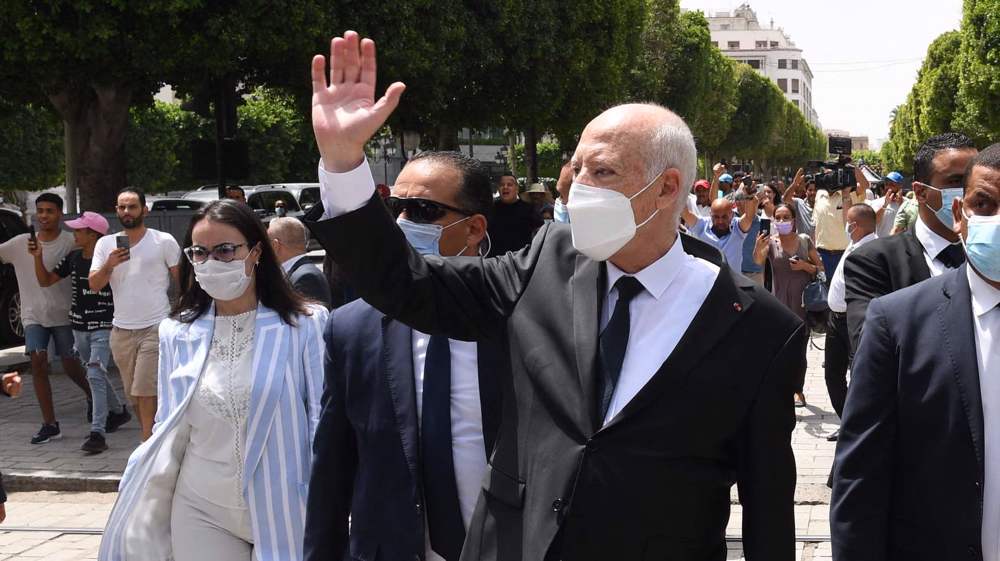

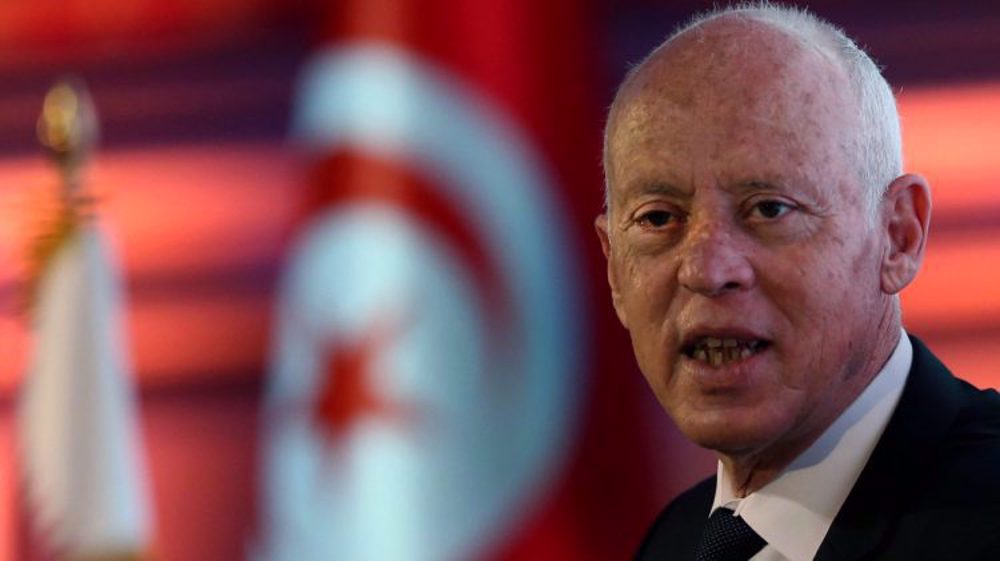

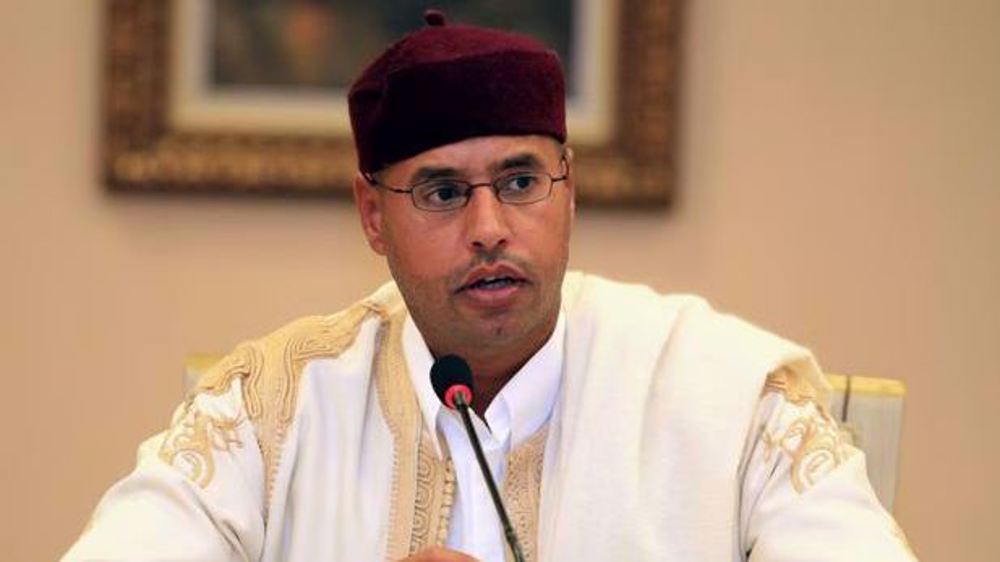
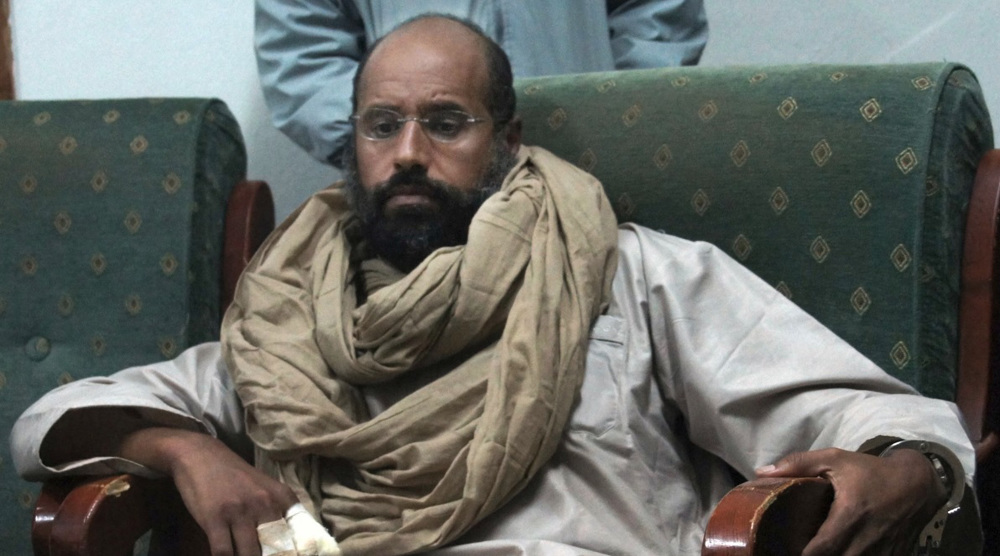



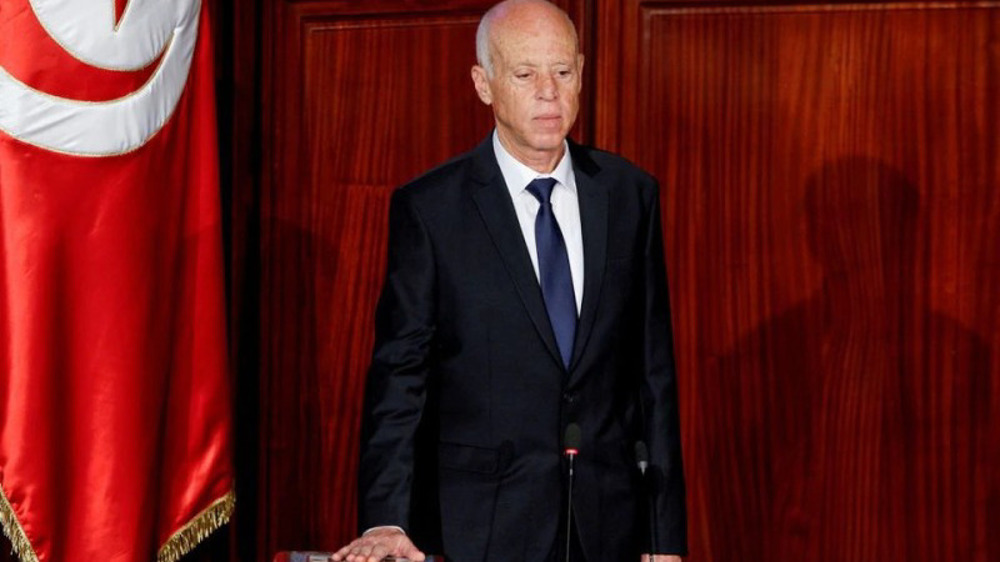
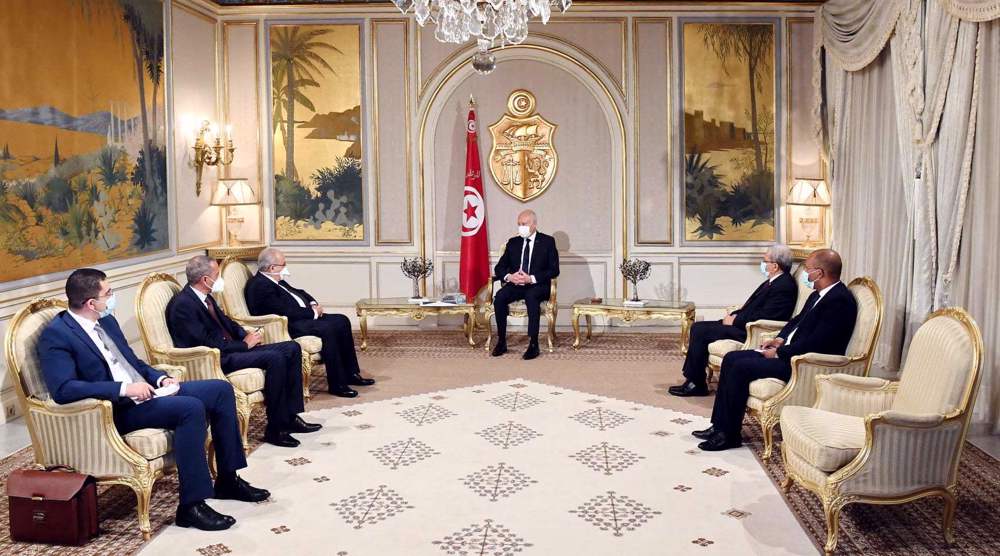
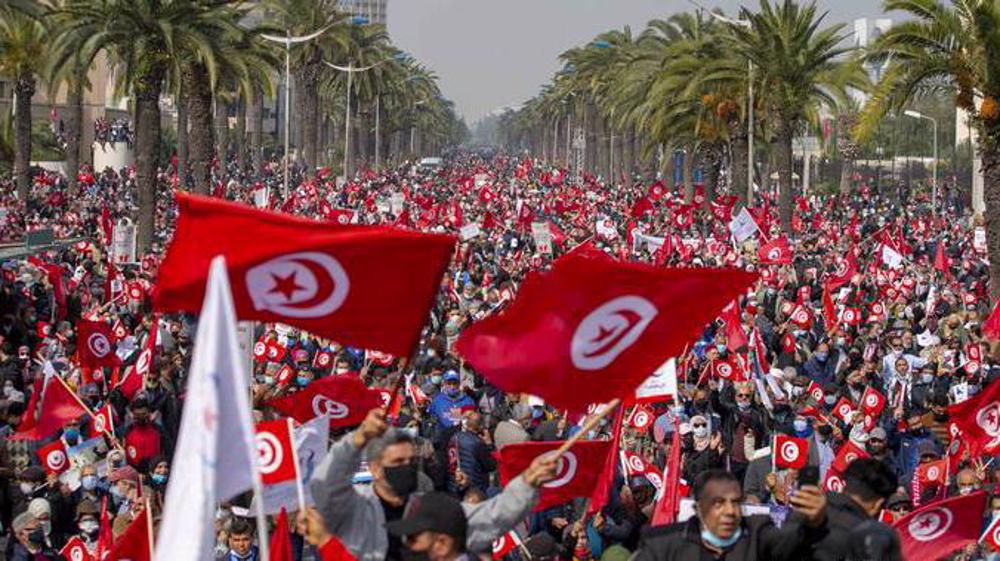
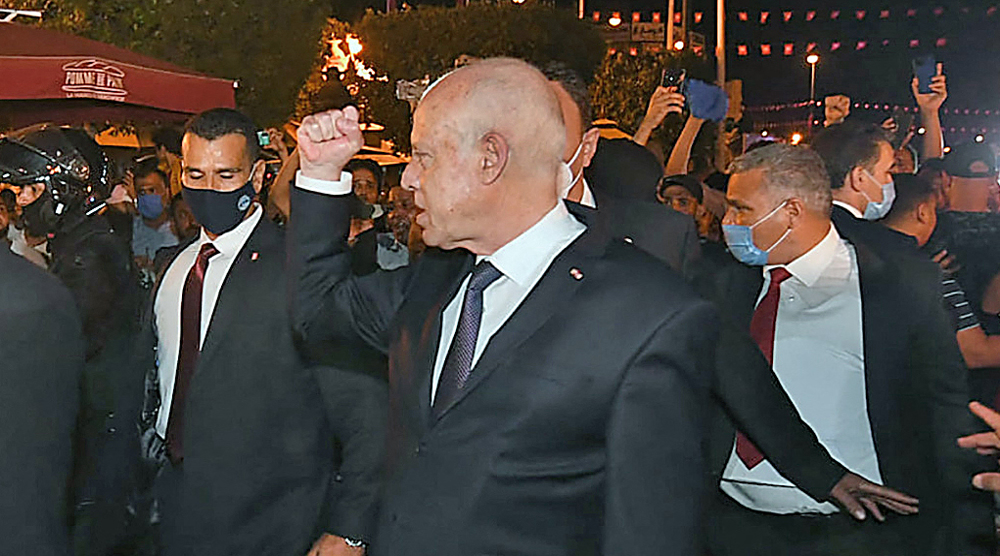


 This makes it easy to access the Press TV website
This makes it easy to access the Press TV website